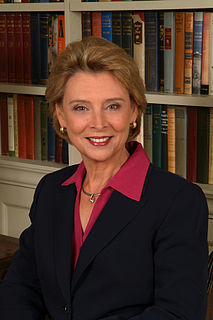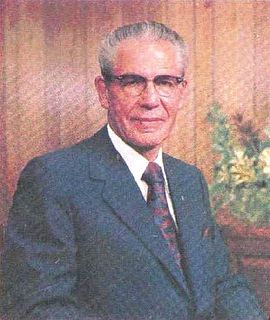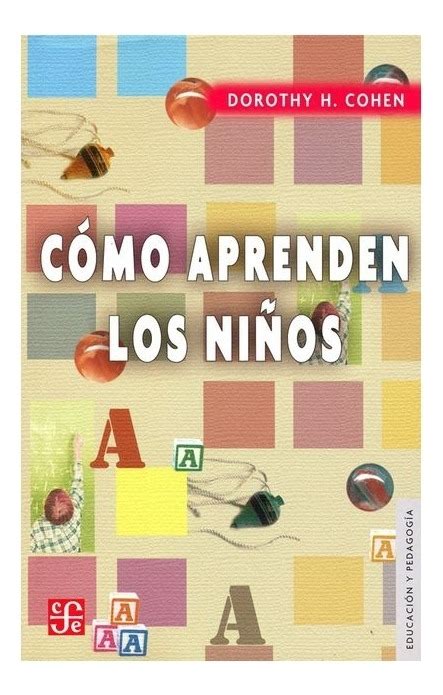A Quote by Bob Keeshan
Parents are the ultimate role models for children. Every word, movement and action has an effect. No other person or outside force has a greater influence on a child than the parent.
Related Quotes
When a child loses his parent, they are called an orphan. When a spouse loses her or his partner, they are called a widow or widower. When parents lose their child, their isn't a word to describe them. This month recognizes the loss so many parents experience across the United States and around the world. It is also meant to inform and provide resources for parents who have lost children due to miscarriage, ectopic pregnancy, molar pregnancy, stillbirths, birth defects, SIDS, and other causes.
We may not always recognize it, but government plays a bigger role in our lives than any other single person or institution. We spend nearly half of our lives working to pay for it. Children spend more time in government schools than they do with their parents. Birth, death, marriage, every area of our lives feels the influence of government.
Parents who have fought fiercely for the rights of their much-loved Gay and Lesbian children should not have to worry that their children will be treated differently. As a mother, I can tell you that there is no prouder moment than watching your children grow up, fall in love, and commit to that love in front of their families and friends. I want that same joy for every parent and every child.
Compared to other parents, remarried parents seem more desirous of their child's approval, more alert to the child's emotional state, and more sensitive in their parent-child relations. Perhaps this is the result of heightened empathy for the child's suffering, perhaps it is a guilt reaction; in either case, it gives the child a potent weapon--the power to disrupt the new household and come between parent and the new spouse.
Training moments occur when both parents and children do their jobs. The parent's job is to make the rule. The child's job is to break the rule. The parent then corrects and disciplines. The child breaks the rule again, and the parent manages the consequences and empathy that then turn the rule into reality and internal structure for the child.
Nevertheless, no school can work well for children if parents and teachers do not act in partnership on behalf of the children's best interests. Parents have every right to understand what is happening to their children at school, and teachers have the responsibility to share that information without prejudicial judgment.... Such communication, which can only be in a child's interest, is not possible without mutual trust between parent and teacher.
Without a sense of the shame or guilt of his or her action, the child will only be hardened in rebellion by physical punishment. Shame (and praise) help the child to internalize the parent's judgment. It impresses upon the child that the parent is not only more powerful but also right. Like the Puritans, Locke (in 1690), wanted the child to adopt the parent's moral position, rather than simply bow to superior strength or social pressure.


































